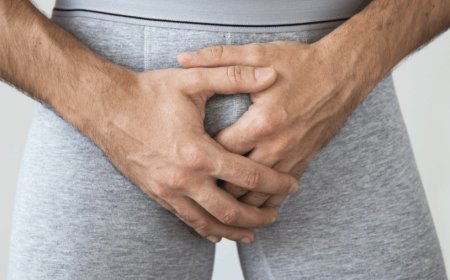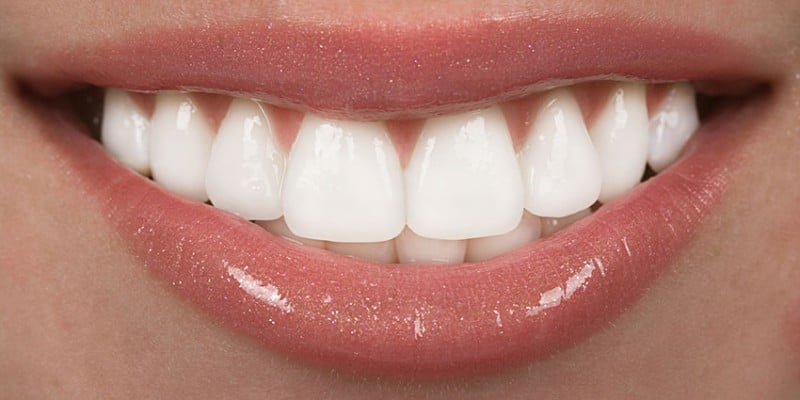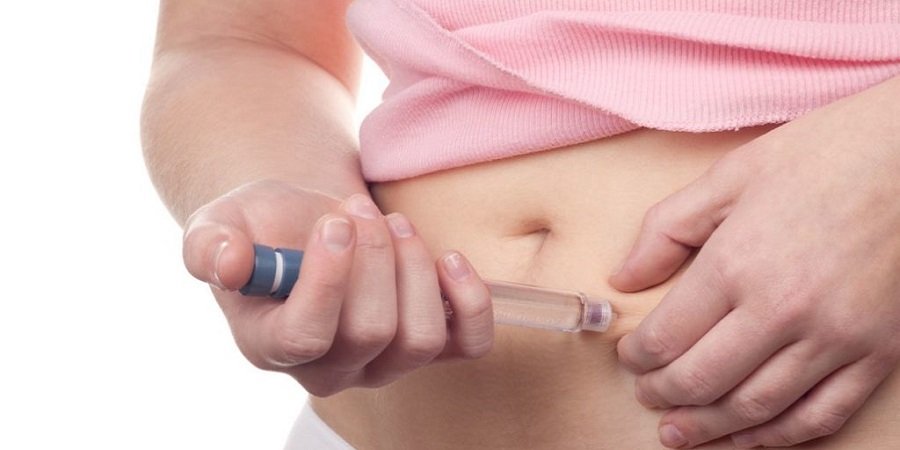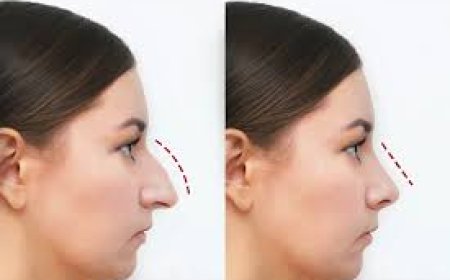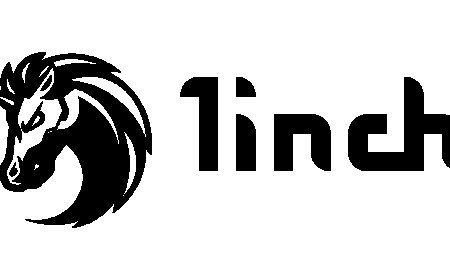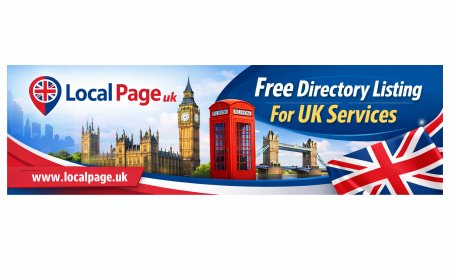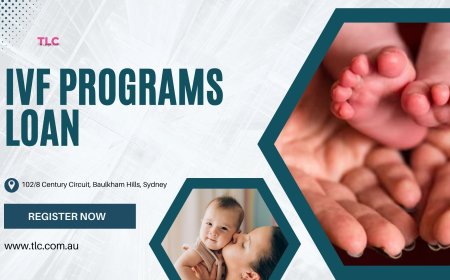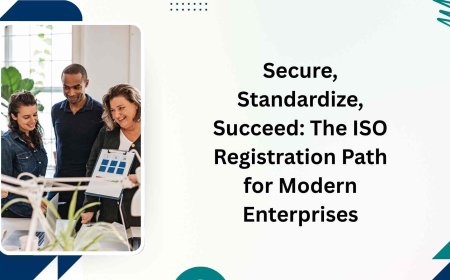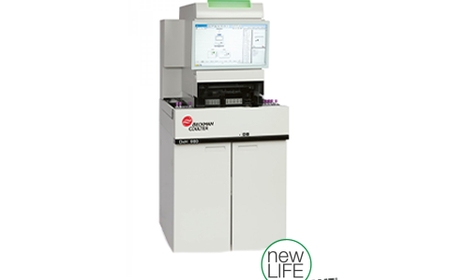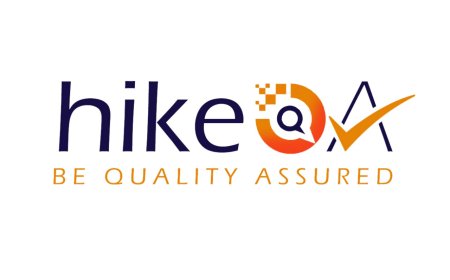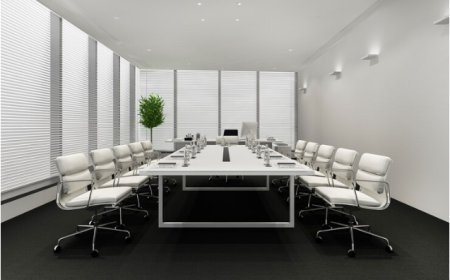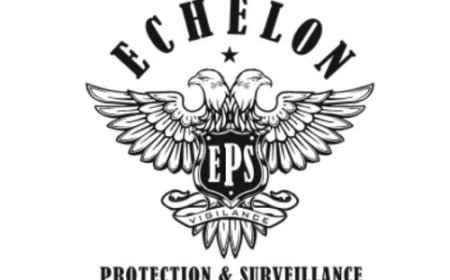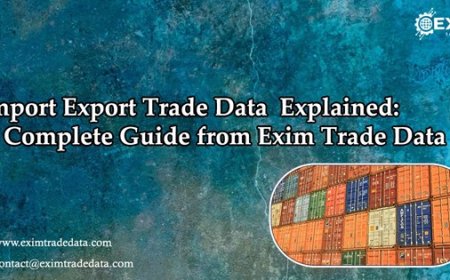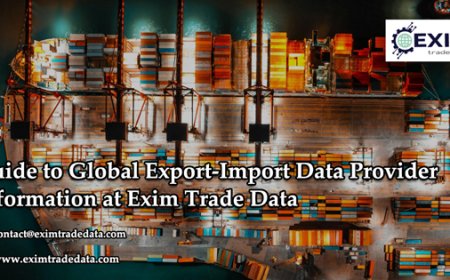RoHS Compliance: A Key to Selling Electronics in Regulated Markets

Picture this: youre a retailer, shelves stocked with the latest gadgetssleek smartphones, vibrant LED TVs, maybe even those quirky smart toasters that tweet when your breads done. Business is buzzing, customers are happy, and thenbam!a supplier hands you a product that doesnt meet RoHS standards. Suddenly, youre stuck with inventory you cant sell in certain markets. Frustrating, right? Thats where RoHS certification swoops in to save the day. For retailers in RoHS-regulated markets, its not just a checkbox; its a lifeline to keeping your supply chain smooth and your customers safe.
RoHSshort for Restriction of Hazardous Substancessounds like a mouthful, but its really about ensuring the electronics you sell dont contain harmful materials like lead or mercury. For retailers, its a must-know topic. Lets break it down, explore why it matters, and figure out how it impacts your day-to-day operations, all while keeping things as clear as a summer morning.
What Exactly Is RoHS Certification?
RoHS certification is proof that a product complies with rules limiting the use of specific hazardous substances in electrical and electronic equipment. Think of it as a badge of honor for your inventory, showing its safe for consumers and the environment. Its not about making your life harder; its about ensuring the gadgets you sell wont harm anyoneor the planet.
You know whats interesting? RoHS started in the European Union back in 2003, but its influence has spread like wildfire. Now, markets across the globe, from China to California, have their own versions or adopt similar standards. As a retailer, youre not just selling products; youre navigating a global maze of expectations. RoHS certification is your map to avoid costly missteps.
Why Should Retailers Care?
Heres the thing: if youre selling electronics in places like the EU, you have to ensure your products are RoHS-compliant. Non-compliant goods cant legally hit the shelves, and nobody wants a warehouse full of unsellable stock. Beyond that, its about trust. Customers today arent just buying a product; theyre buying peace of mind. They want to know their new headphones wont leach toxic chemicals. RoHS certification reassures themand youthat everythings above board.
Plus, theres a ripple effect. Suppliers who prioritize RoHS compliance often have better quality control, which means fewer defective products and happier customers. Its like choosing a bakery that uses fresh ingredientsyoure more likely to get a delicious cake.
The Substances RoHS Targets
RoHS isnt about banning every chemical under the sun. It focuses on a specific list of substances that can cause harm if they end up in landfills or, worse, in peoples bodies. These include things like lead, mercury, cadmium, and certain flame retardants. Each ones a bit like that one guest at a party who seems fine but causes chaos if left unchecked.
For example, lead was once a staple in electronics, used in soldering to hold components together. But its toxic, especially for kids. RoHS says, Nope, find another way. So manufacturers now use safer alternatives, and as a retailer, you need to ensure your suppliers are on board with these swaps. Its not just about compliance; its about being part of a bigger movement to make tech safer.
A Quick Look at the Impact
Ever wonder what happens when a product isnt RoHS-compliant? Its not just about a slap on the wrist. Non-compliant products can lead to delays at customs, fines, or even a tarnished reputation. Imagine a customer finding out their shiny new gadget contains banned substancesyikes. Thats a PR nightmare waiting to happen. RoHS certification helps you dodge those bullets.
How RoHS Certification Affects Your Supply Chain
Lets talk about your suppliers for a second. Youre not making the circuit boards or assembling the gadgets, but youre the one selling them. That means youre relying on your suppliers to provide RoHS-compliant products. Its like trusting a chef to cook a meal that wont give your guests food poisoning. You need to know theyve got it handled.
Asking for RoHS certification from your suppliers isnt just a formalityits a safeguard. Its proof theyve tested their products and confirmed they meet the standards. Without it, youre taking a gamble. And honestly, who has time for that? A single non-compliant product could disrupt your entire operation, from inventory management to customer satisfaction.
Building Trust with Suppliers
Heres a tip: make RoHS certification a non-negotiable part of your supplier agreements. Its like setting ground rules before a road tripeveryone needs to know the plan. Ask for documentation, like test reports or declarations of conformity, and dont be shy about it. Good suppliers will have this ready; great suppliers will proactively share it. Its a sign theyre as invested in your success as you are.
And heres a little side note: working with RoHS-compliant suppliers often opens doors to better partnerships. Theyre usually the ones staying ahead of trends, investing in sustainable practices, and thinking long-term. Its like picking teammates who show up to practice earlyreliable and ready to win.
The Customer Connection
Lets shift gears and think about your customers. Todays shoppers are savvier than ever. Theyre reading labels, researching brands, and asking questions like, Is this product eco-friendly? or Is it safe for my kids? RoHS certification gives you a solid answer: Yes, its safe, and weve got the paperwork to prove it.
Its not just about avoiding trouble; its about building loyalty. When customers know youre selling RoHS-compliant products, they feel confident in their purchase. Its like buying organic produceyou pay a bit more for the assurance its good for you. That trust keeps them coming back, and in retail, repeat customers are gold.
A Real-World Example
Picture a mom walking into your store, looking for a tablet for her kid. Shes worried about safety, not just screen time. If you can say, All our tablets are RoHS-certified, so theyre free of harmful substances, youve just eased her mind. Thats not just a sale; its a story shell share with her friends. Word-of-mouth marketing? Yes, please.
The Bigger Picture: Why RoHS Is a Win for Everyone
RoHS isnt just about rules; its about responsibility. As a retailer, youre part of a chain that impacts the environment and public health. By prioritizing RoHS-compliant products, youre helping reduce toxic waste and protect future generations. Its a small step, but it feels good, doesnt it? Knowing youre doing your part while running a business is a win-win.
Plus, RoHS compliance can give you a competitive edge. In a crowded market, being the retailer known for safe, sustainable products sets you apart. Its like being the coffee shop that sources fair-trade beanspeople notice, and they choose you for it.
A Quick Digression: The Global Trend
Heres something to chew on: RoHS isnt just a European thing anymore. Countries like China, Japan, and even parts of the U.S. have adopted similar standards. Its like a global handshake, agreeing that safer electronics are the way to go. As a retailer, staying ahead of these trends means youre ready for whatever market youre selling in, whether its Berlin or Beijing.
Practical Steps for Retailers
So, how do you make RoHS certification work for you? Its simpler than it sounds. Start by auditing your supply chain. Ask your suppliers for RoHS documentation and keep it on file. Its like keeping a recipe card for your favorite dishyou want it handy when you need it.
Next, train your team. Make sure everyone, from your buyers to your sales staff, understands what RoHS is and why it matters. Its not just jargon; its part of your brands story. And finally, communicate it to your customers. A little sign on your shelves or a note on your website saying, All our products are RoHS-certified can go a long way.
A Word of Caution
One thing to watch out for: not all suppliers are created equal. Some might claim RoHS compliance without the paperwork to back it up. Its like buying a designer bag from a sketchy vendortrust but verify. Always ask for test reports or certificates, and if something feels off, dig deeper.
Wrapping It Up: RoHS as Your Retail Superpower
RoHS certification might sound like another hoop to jump through, but its really a tool to make your business stronger. It protects your inventory, builds trust with customers, and keeps you on the right side of global markets. Plus, its a chance to show you careabout your customers, your business, and the planet.
So, next time youre stocking your shelves or negotiating with a supplier, think of RoHS as your sidekick. Its there to help you avoid pitfalls and shine as a retailer who gets it right. Ready to make RoHS work for you? Your customersand your bottom linewill thank you.






